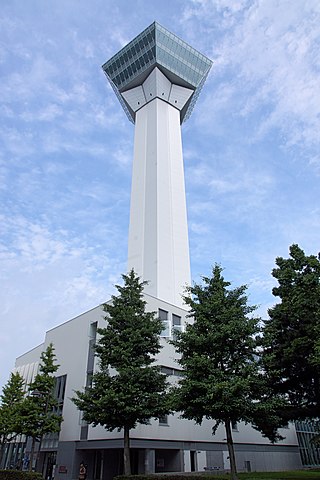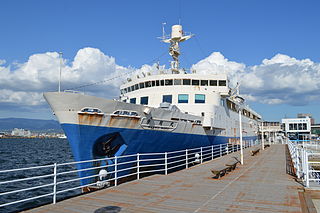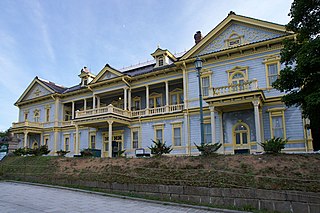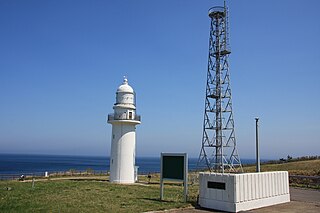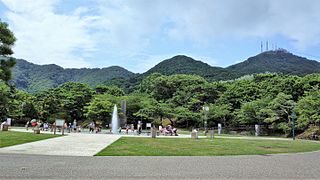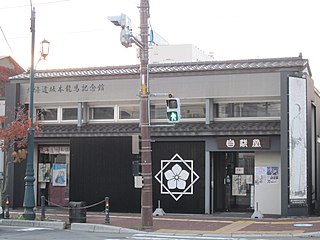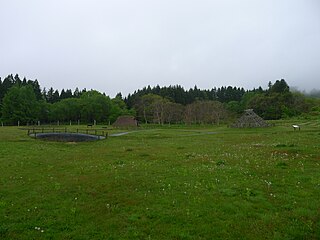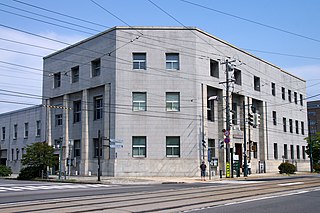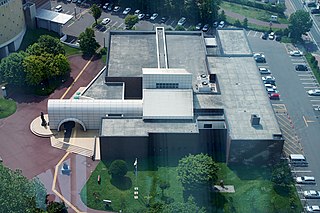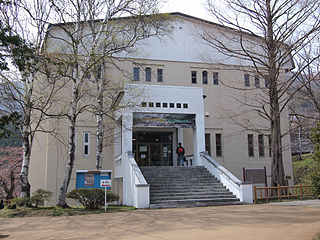12 Sights in Hakodate, Japan (with Map and Images)
Legend
Welcome to your journey through the most beautiful sights in Hakodate, Japan! Whether you want to discover the city's historical treasures or experience its modern highlights, you'll find everything your heart desires here. Be inspired by our selection and plan your unforgettable adventure in Hakodate. Dive into the diversity of this fascinating city and discover everything it has to offer.
Activities in HakodateGoryokaku Tower (Goryokaku Tower) is an observation tower adjacent to Goryokaku, a special historic site in Hakodate City, Hokkaido. It is a private tourist facility operated by Goryokaku Tower Co., Ltd.
2. Ferry Memorial Ship Mashu-maru
The Hakodate Seikan Ferry Memorial Museum Mashu Maru is a museum ship located in Hakodate, Hokkaido, Japan. Japan used the hull of the Tsugaru Maru-type ferry "Mashu Maru (2nd generation)" that was in service on the Seikan route of the National Railway (→ Hokkaido Railway Company), and some of the interior remains from the time of active service.
3. Old Hakodate Public Hall
The former Hakodate Ward Public Hall is a historic building located in Motomachi, Hakodate, Hokkaido. In the Meiji era, it is a colonial-style Western-style building (designed by Konishi Asajiro) completed in 1910 (Meiji 43) and is designated as an important cultural property of Japan.
4. 恵山岬灯台
Cape Eyama Lighthouse is a large white lighthouse that stands at the tip of Cape Eyama at the eastern tip of the Kameda Peninsula in Hokkaido. The surrounding area is designated as the Esan Provincial Natural Park and is maintained as the Esan Lighthouse Park, and is a scenic place with the Pacific Ocean in front and Mt. Huishan in the back. It has also been selected as one of the "50 Lighthouses in Japan".
5. Hakodate Park
Hakodate Park is a large Western-style park in Hakodate, Hokkaidō, Japan, at the foot of Mount Hakodate. Opened in 1879, it is a registered as a "place of scenic beauty" in Japan's Law for the Protection of Cultural Properties. It contains the Hakodate City Museum, as well as a small zoo and children's theme park, and is a popular site for cherry blossom viewing.
6. Hokkaido Sakamoto Ryoma Museum
The Hokkaido Sakamoto Ryoma Memorial Museum is a memorial hall that exhibits the historical materials of Sakamoto Ryoma, a samurai of the end of the Edo period established in Hakodate City, Hokkaido, and the descendants of the Sakamoto family who went to Hokkaido.
7. Shinoridate
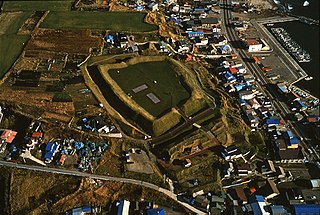
The site of Shinoridate in Hakodate, Hokkaidō, Japan, is that once occupied by the Shinori Fort or Fortified Residence. This was the easternmost of the so-called "Twelve Garrisons of Southern Hokkaido", built on the Oshima Peninsula by the Wajin from the fourteenth century. The site was designated a National Historic Site in 1934 and is one of the Japan Castle Foundation's Continued Top 100 Japanese Castles.
8. Ofune site
The Ōfune Site is an archaeological site consisting of a series of large shell middens and the remains of an adjacent settlement from the Jōmon period. The site is in what is now part of the city of Hakodate in Oshima Subprefecture on the island of Hokkaido in northern Japan. It has been protected by the central government as a Historic Site since 13 August 2001. The site covers an area of 71.832 square kilometers.
9. Hakodate Museum of Northern Peoples
Hakodate City Museum of Northern Peoples first opened as the Hakodate City Museum of Northern Peoples and Ishikawa Takuboku (函館市北方民族・石川啄木資料館) in Hakodate, Hokkaidō, Japan in 1989. Located in the former Bank of Japan Hakodate Branch building of 1926, after the transfer out of materials relating to the poet to the Hakodate City Museum of Literature , the museum reopened in its current guise in April 1993. It displays objects that were formerly part of the collection of the Hakodate City Museum , including materials relating to the Orok as well as 750 items used in the daily life of the Ainu that have been jointly designated an Important Tangible Folk Cultural Property.
Wikipedia: Hakodate City Museum of Northern Peoples (EN), Website
10. Hakodate Museum of Art, Hokkaido
Hakodate Museum of Art, Hokkaido opened in Hakodate, Hokkaidō, Japan in 1986. The collection focuses on works from southern Hokkaidō, including paintings by Kakizaki Hakyō and calligraphy by Kaneko Ōtei , and special exhibitions are also mounted.
11. Hakodate Jomon Cultural Exchange Center
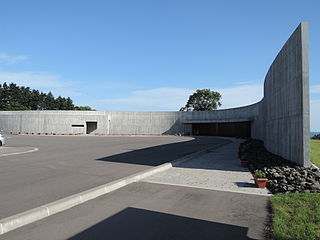
Hakodate Jōmon Culture Center is a history museum in Hakodate, Hokkaidō, Japan, opened in 2011. It has four exhibition rooms dedicated to the Jōmon period, displaying some 1,200 pieces of earthenware and stoneware excavated in Hakodate as well as the only National Treasure in Hokkaidō, the so-called "Hollow Dogū", excavated from the Chobonaino Site . Hands-on activities, including magatama-making and "angin -knitting", are also available. The museum is located at Michi no Eki Jōmon Roman Minamikayabe , making this the only roadside station in Japan with a museum with a National Treasure.
12. Hakodate City Museum
Hakodate City Museum is a museum of history and natural history in Hakodate Park, Hakodate, Hokkaidō, Japan. The forerunner of the current museum, the Hakodate Provisional Museum, building one, opened in May 1879, the second building in 1884, and the third building in 1891. In 1932 the first building became the Fisheries Pavilion and the second the Indigenous Peoples Pavilion. Legislation to create the current museum was passed in 1948, and the Hakodate City Museum opened in April 1966.
Share
Disclaimer Please be aware of your surroundings and do not enter private property. We are not liable for any damages that occur during the tours.
